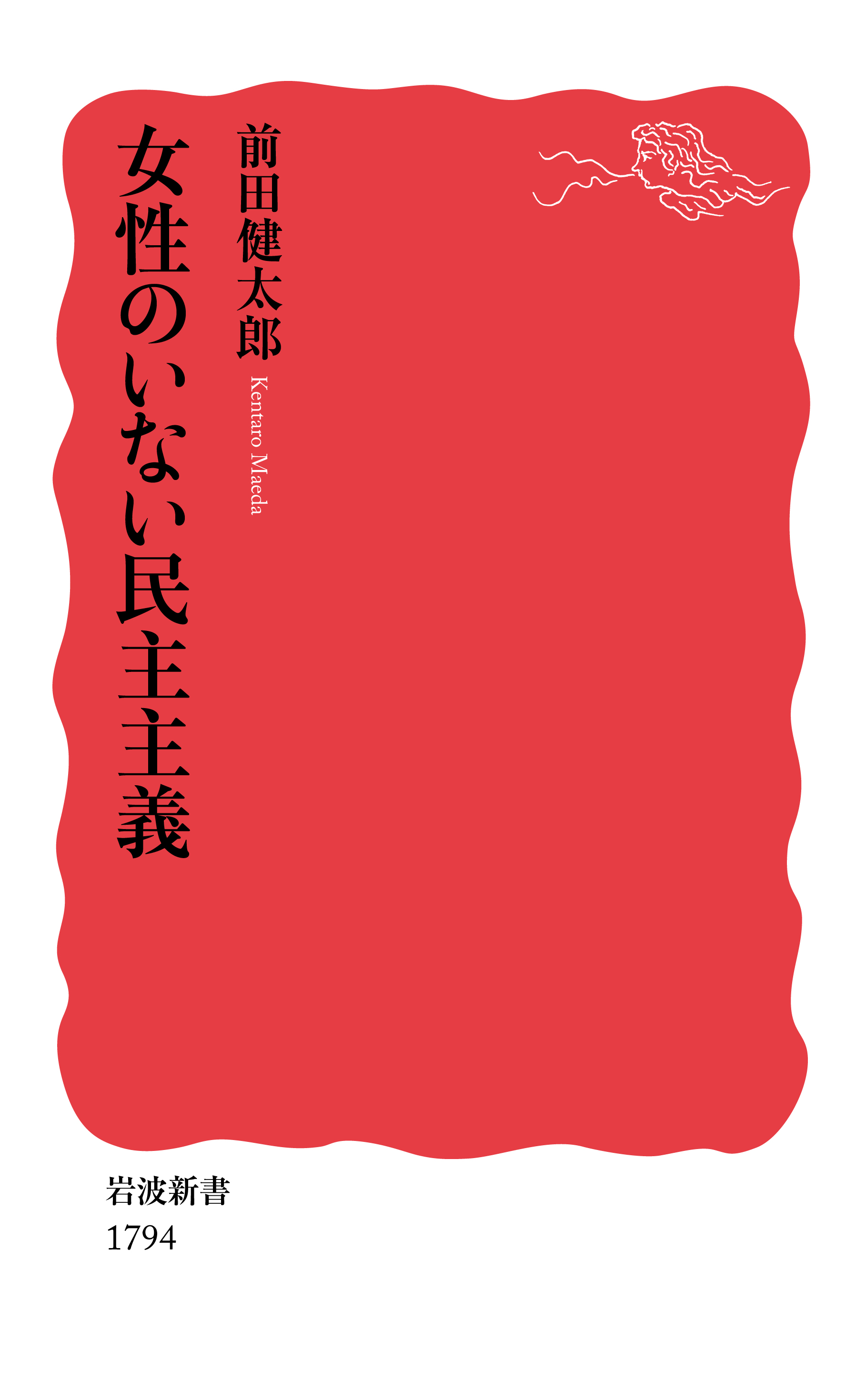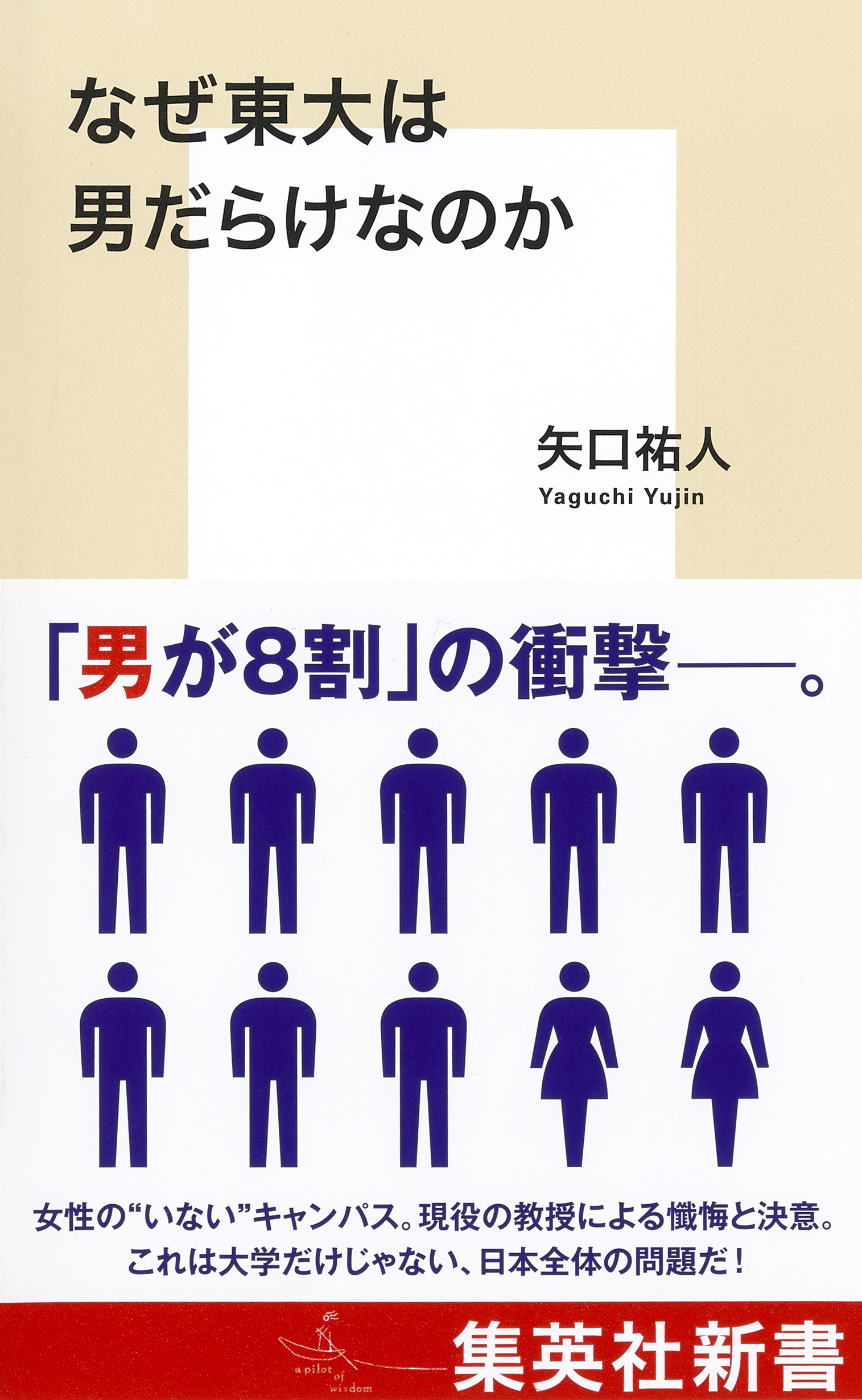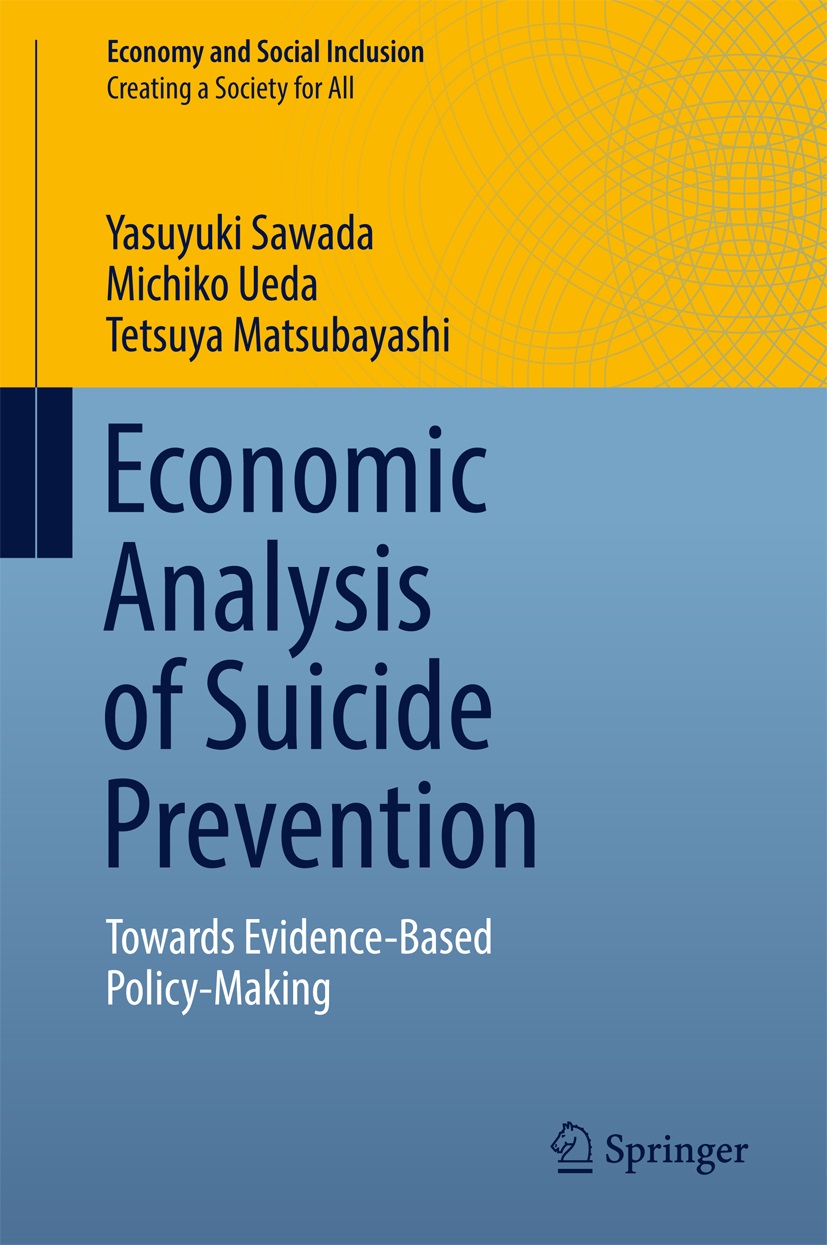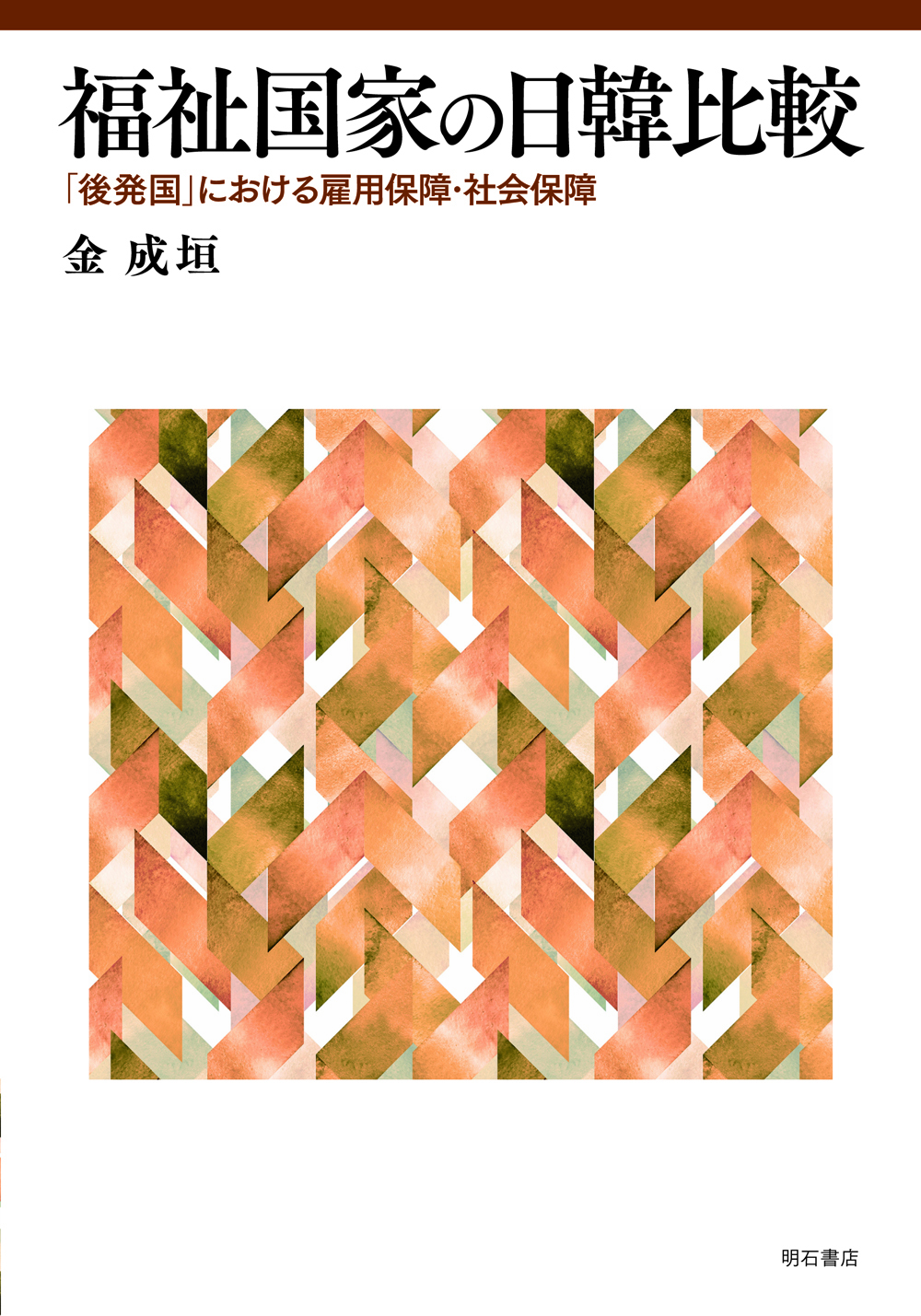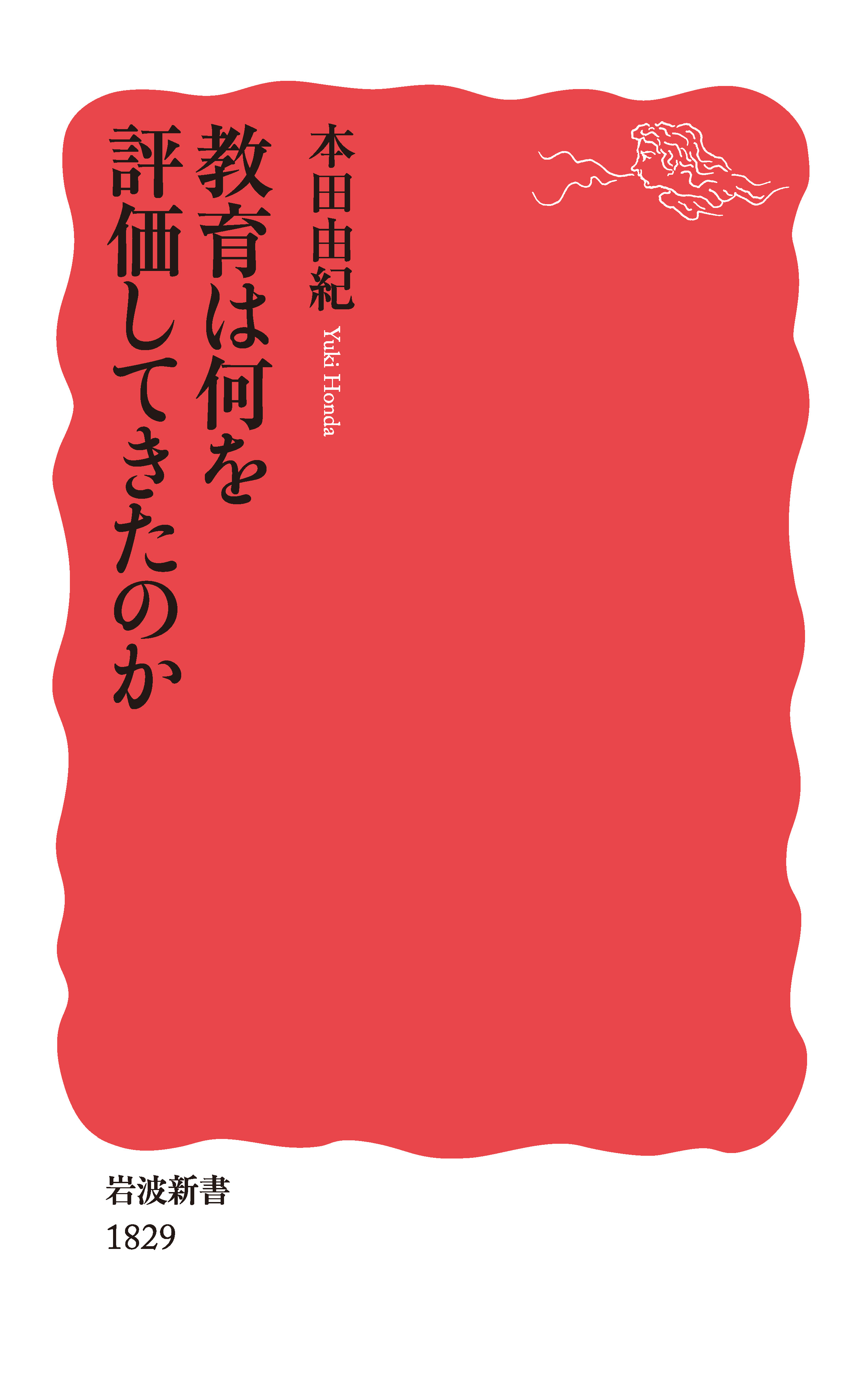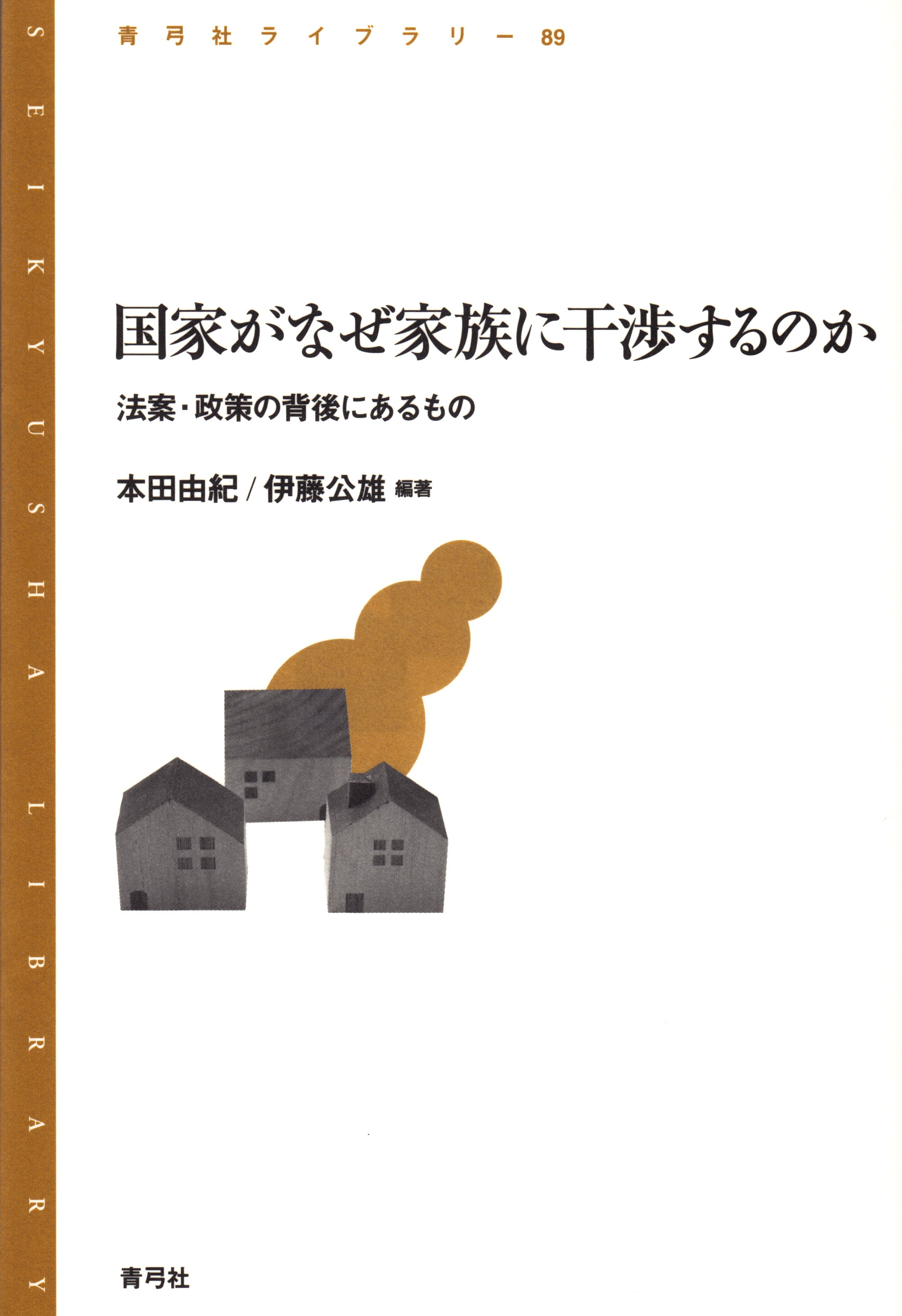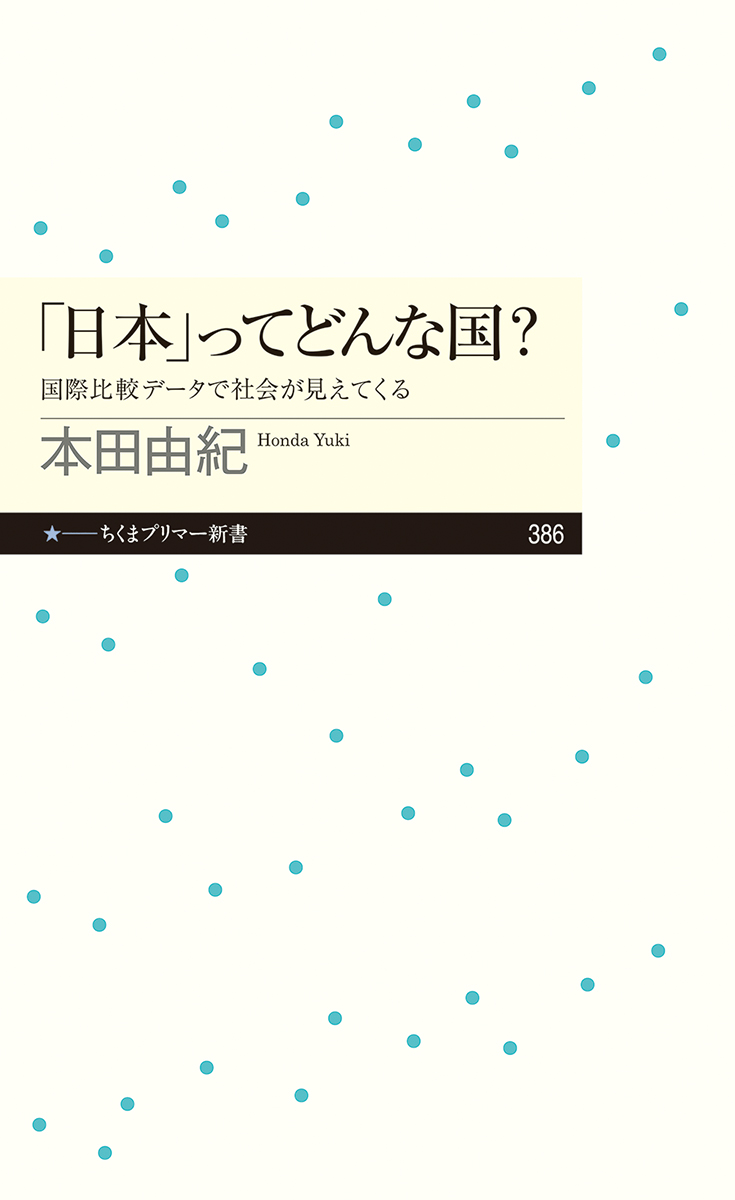
Title
Chikuma Primer Shinsho ”Nippon” tte donna kuni? (What’s "Japan"? - Elucidating the society with international comparative data)
Size
272 pages, paperback pocket edition
Language
Japanese
Released
October 05, 2021
ISBN
978-4-480-68412-7
Published by
Chikuma Shobo
Book Info
See Book Availability at Library
Japanese Page
This book aims to explain the characteristics of Japanese society in simple words, as indicated by the titles of the chapters, "Family," "Gender," "School," "Friends," "Economy and Work," "Politics and Social Movements," and "'Japan' and 'Myself,'" relying on international comparative data as much as possible. As the intended audience is mainly high school students (although the book is also widely read by junior high school students, university students, and adults), I have tried to write in an easy-to-understand manner.
As mentioned in the afterword, I have often been asked to give lectures on various topics, and I have collected many graphs of international comparisons that would facilitate a visual understanding of Japan's situation in my presentations. Several are positioned as "outliers" in the form of Japan being at the lowest level for desirable values and at the highest level for undesirable values. To cite just a few examples, Japan ranks almost last among 140 countries in "Did you help a stranger in need in the past month?"; it also ranks last in the presence of women in the public sphere; and it ranks almost at the top of all countries in the rate of increase of the aging population. Furthermore, the percentage of respondents who agree with the statement that “I have too much stress” is almost the highest among 30 countries. Just by looking around, one can see a lot of results of such international comparisons that indicate problems acumulated in Japanese society. What does this mean? What kind of country has Japan become? I have summarized these questions in seven themes, and in the final chapter, I have explained the historical background to the current situation.
During Japan's period of rapid economic growth in the 1960s, followed by a period of stable growth in the 1970s and 1980s, a unique social model was established with economic growth as the engine. Japan's miraculous recovery from the defeat in World War II, based on systems and practices that differed from those of Western industrialized countries, won great pride within and admiration from other countries during these periods. However, since the 1990s, Japan has not been able to adapt to the global upheaval and is now showing distortions in almost all aspects of society.
This book attempts to confront this reality and to seek a way out. Frankly, the book is full of depressing facts, and may make teenagers who read it feel even more gloomy.
However, the message that runs through the book is "Never give up, no matter how difficult it may be.” As a person who happened to be born in this country and has lived here for more than half a century, I feel responsible for the current situation and do not want to ever give up. I have also sprinkled the book with suggestions to overcome the social difficulties. If the number of people who agree with these suggestions increases, I hope we can somehow solve the various problems in this society.
(Written by HONDA Yuki, Professor , Graduate School of Education / 2022)
Related Info
Where does Japan stand in terms of 'gender' compared to the rest of the world? (The Mainichi March 20, 2022)
https://mainichi.jp/english/articles/20220318/p2a/00m/0na/005000c



 Find a book
Find a book


